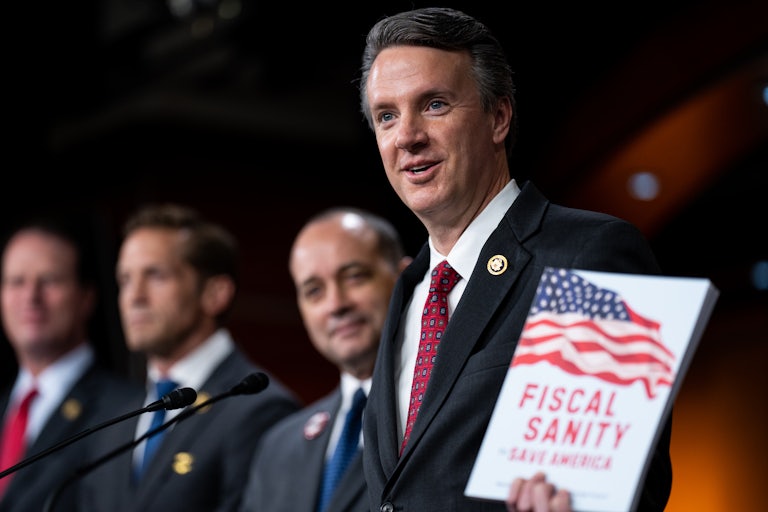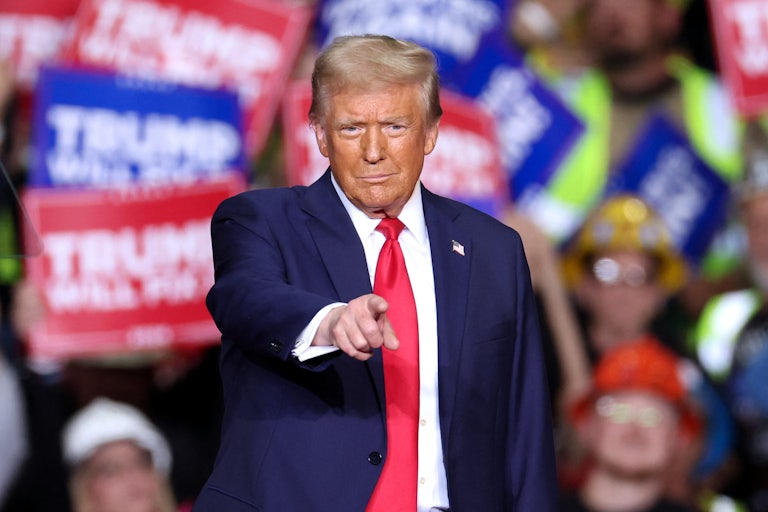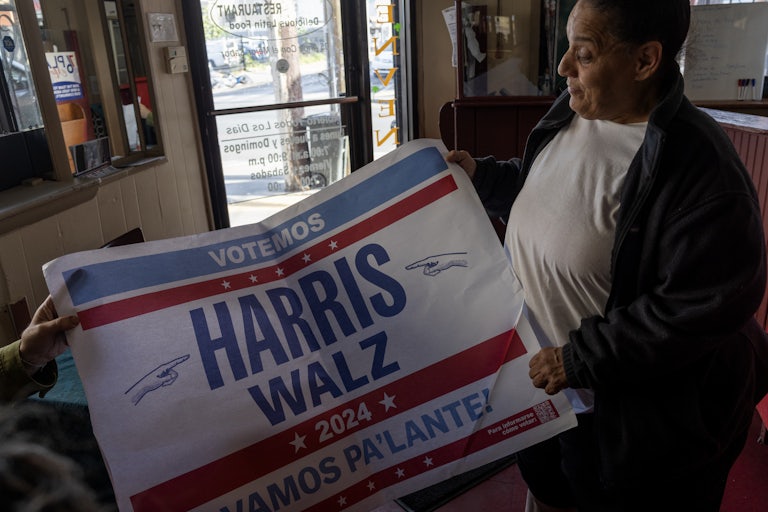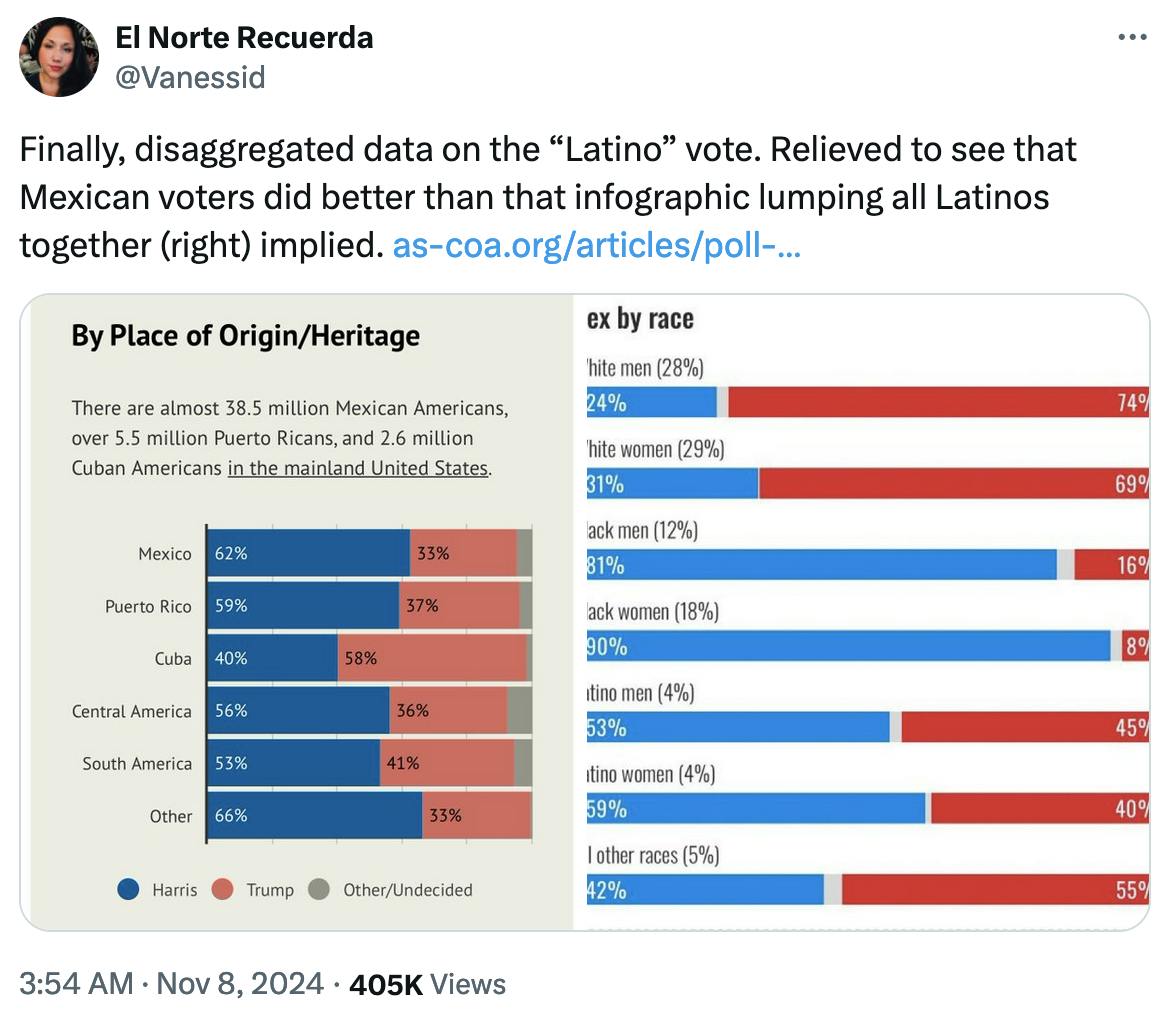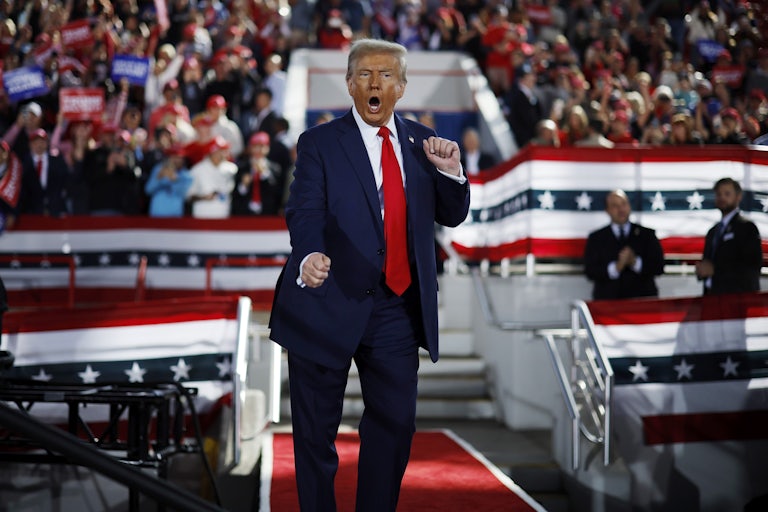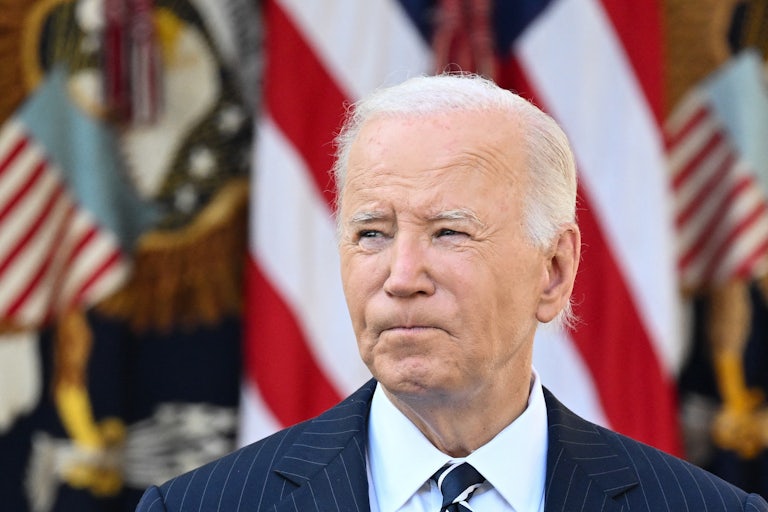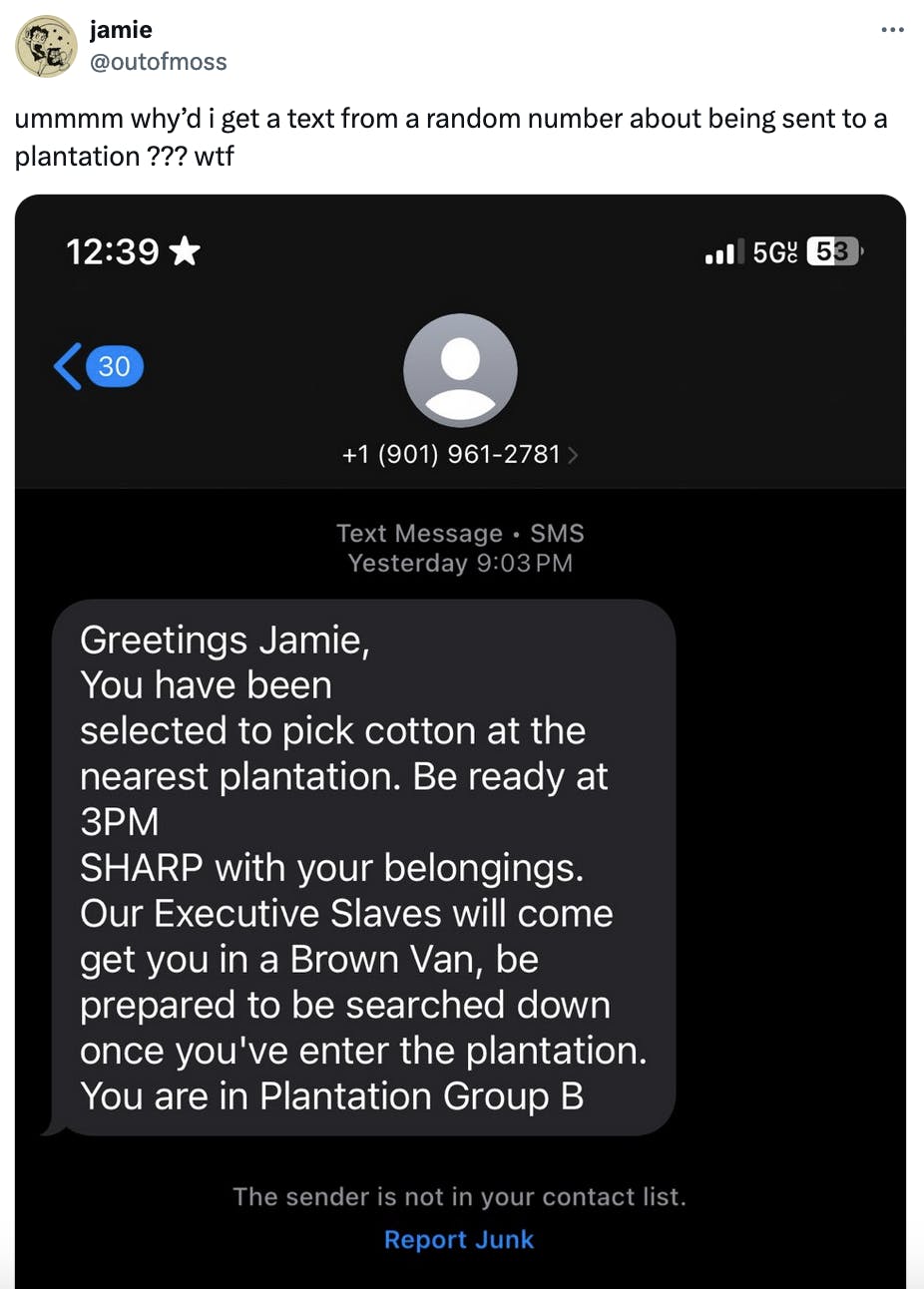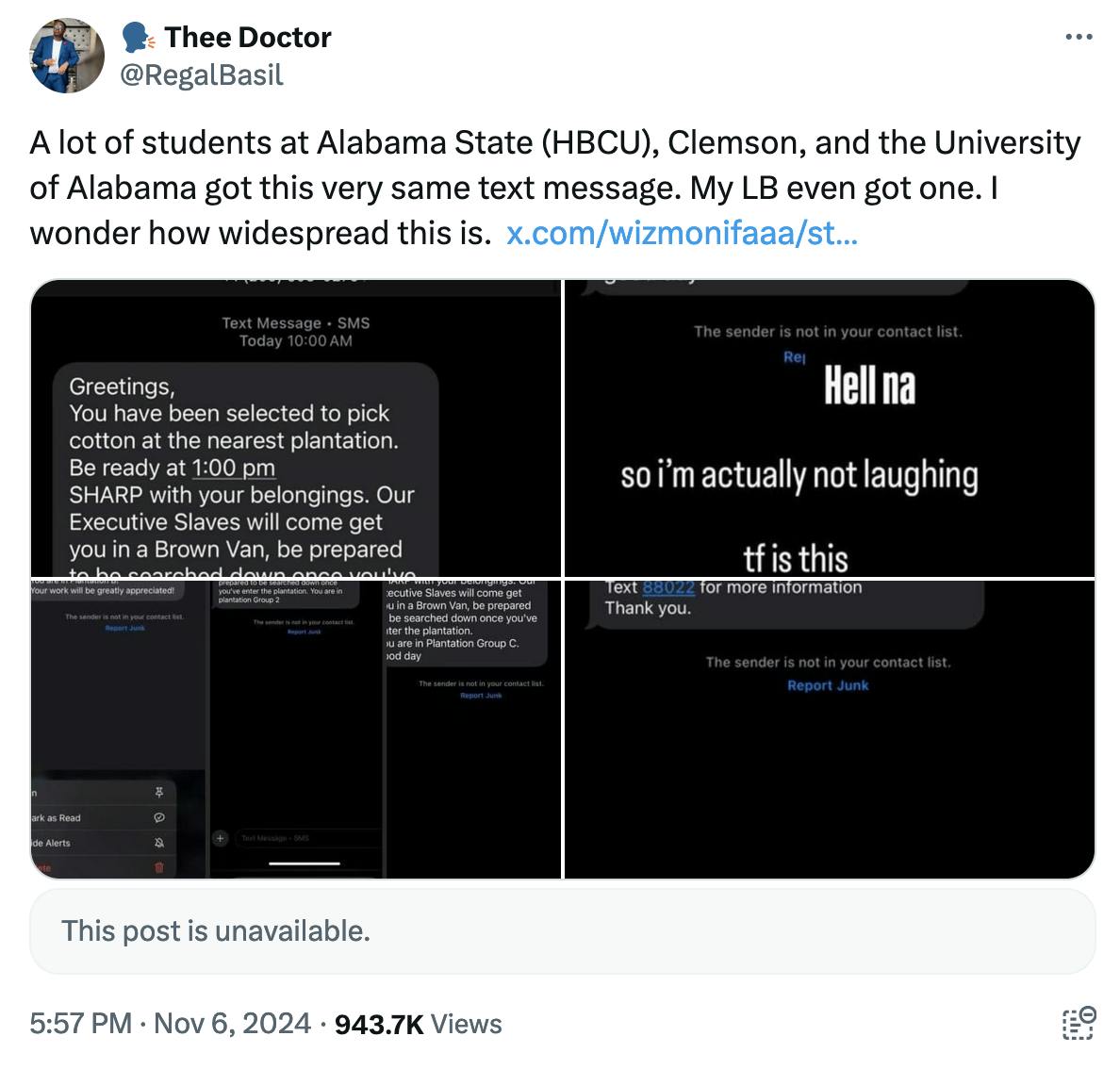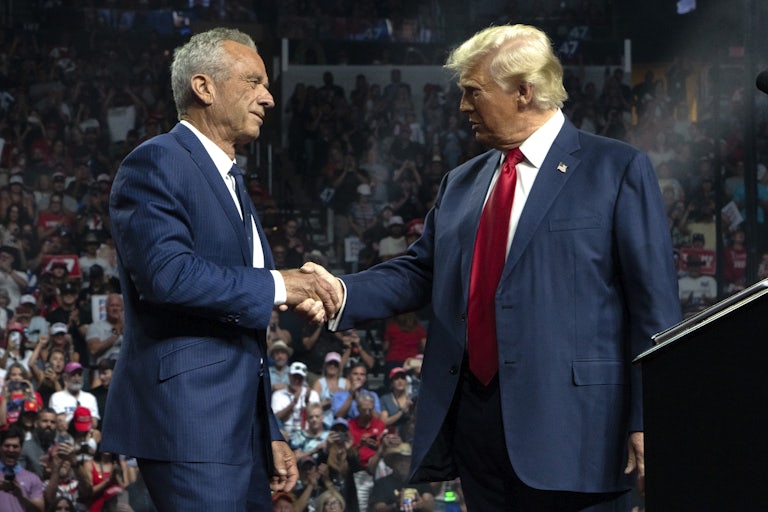Trump Allies Prove They’re Idiots With Plan for the Federal Reserve
Elon Musk and Senator Mike Lee have ideas for how to curb the central bank’s power.
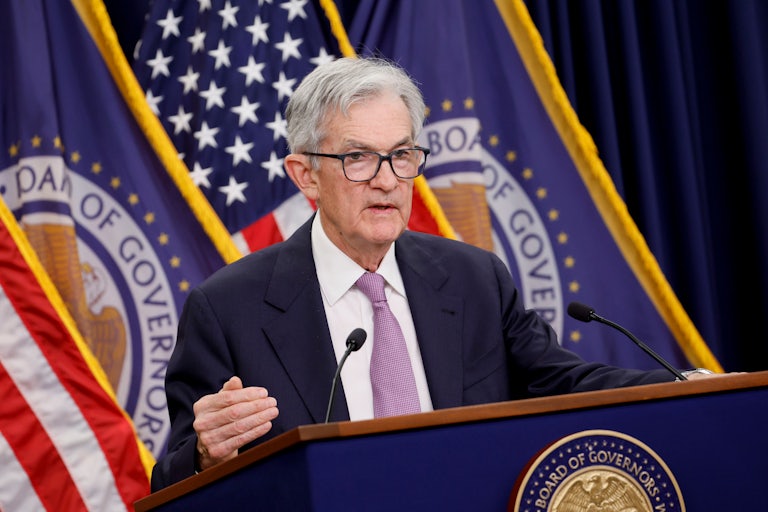
Conservatives are aiming high for their slash-and-burn goals during the next four years under a Republican trifecta, and next on the chopping block could be the Federal Reserve.
On Friday, incoming Department of Government Efficiency head and world’s richest man Elon Musk elevated a post on X (formerly Twitter) by Utah Senator Mike Lee, who posited that the central banking agency could be cut from the second MAGA administration.
“The Executive Branch should be under the direction of the president. That’s how the Constitution was designed,” Lee wrote Thursday night. “The Federal Reserve is one of many examples of how we’ve deviated from the Constitution in that regard. Yet another reason why we should #EndTheFed.”
During a press conference on Thursday, Federal Reserve Chair Jerome Powell addressed the mounting pressure against the financial institution by Donald Trump and his allies, telling a reporter that he would not step down from his post if Trump asked him to. Powell also noted that Trump’s election would “have no effects” on the central bank’s policymaking decisions “in the near term.”
Despite appointing Powell, Trump directed plenty of vitriol at the Fed chair during his first term in office. And the president-elect has been plenty vocal about his belief that the traditionally apolitical institution should bend the knee to his administration.
“I feel the president should have at least a say in there. Yeah, I feel that strongly,” Trump said during an August 8 press conference at Mar-a-Lago. “I think that, in my case, I made a lot of money, I was very successful, and I think I have a better instinct than, in many cases, people that would be on the Federal Reserve or the chairman.”
The Federal Reserve, which was created in 1913, has long been under attack by certain political subgroups in the United States, but Musk’s pointed attention toward the plan for control effectively brings it to the forefront of far-right thought.
In 2009, former Texas Representative Ron Paul—a flip-flopping libertarian—advocated for the demise of the central bank, arguing in his 2009 book End the Fed that in “the post-meltdown world, it is irresponsible, ineffective, and ultimately useless to have a serious economic debate without considering and challenging the role of the Federal Reserve,” which he claims prioritizes big banks in the U.S. financial system via bailouts and surreptitiously bankrolls U.S. warfare by way of inflation and devaluation.
But the Federal Reserve’s institutional predecessors, as well as the mere concept of central banking, have been contentious issues since the foundation of the country. Alexander Hamilton, the first secretary of the Treasury under the fledgling U.S. Constitution, argued in favor of a nationwide banking system to solve some of the country’s key issues in the aftermath of the Revolution.
The Democratic-Republican Party opposed the idea, perhaps most notably Thomas Jefferson, who believed that such a banking system would create a monopoly that could undermine smaller financial institutions and skew federal policy in favor of creditors over debtors, who tended to be plantation owners and farmers.
But Jefferson’s qualms would not thwart the inception of the institution, which proceeded to morph and reinvent itself over the nation’s 248-year history. Now, just about every nation in the world—especially every developed nation—has a central bank acting as the financial arm for its government. Stripping that away, which Trump’s key advisers seem to want to do, would place the United States on a short list alongside Andorra, the Isle of Man, the Marshall Islands, Micronesia, and a small handful of other nations.


